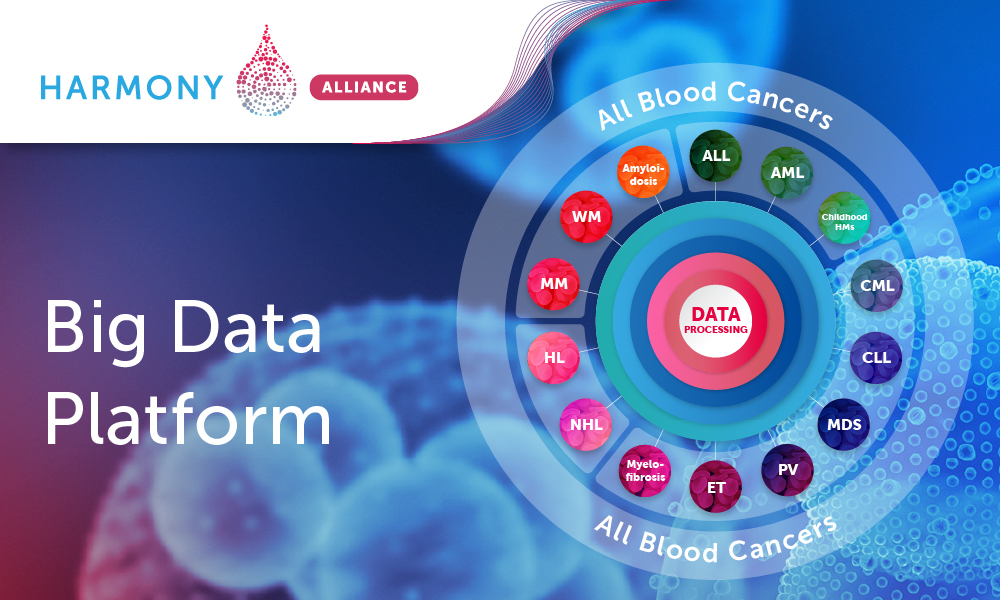The catalogues help medicines regulators, researchers and pharmaceutical companies to identify the most suitable data sources to address specific research questions and support the assessment of study protocols and results. They aim to promote transparency, encourage the use of good practices, and build trust in research based on RWD.
The catalogues introduce various improvements to the previous ones. Using ‘FAIR’ data principles (Findable, Accessible, Interoperable and Reusable), they use an agreed set of metadata to describe and connect data sources to studies. It is based on the list of metadata published by the HMA-EMA Big Data Steering group in May 2022. A revised list will be published soon. In addition, search on a wider set of metadata, enhanced view, export and data submission functionalities have been implemented in the catalogues.
The HARMONY database and the HARMONY Alliance are listed in the catalogue. This information was submitted to EMA as part of the HARMONY candidature to DARWIN EU.
The HMA-EMA Catalogues offer an improved and more efficient service for researchers, regulators, and pharmaceutical companies to:

The HARMONY BigData Platform is a secure, innovative research data ecosystem providing a large data lake and state-of-the-art analytic services. The anonymous patient data sets at the Big Data Platform are collected securely following all legal and ethical requirements, harmonized and then analyzed. The data sets are provided by HARMONY Alliance Partners and Associated Members. The governed data lake at the Big Data Platform powered by advanced Big Data analytics, is created to speed up hematology research. It is a best-practice-based data platform where data submitted from various sources – once harmonized and anonymized – create a cohesive data lake ready for scientific research. Beyond a robust technical infrastructure, the Platform offers a secure and trusted research environment compliant with data processing regulations and ethical guidelines. So that researchers can focus on research instead of administrative issues of working on data. By the end of 2023, approximately 165,000 patient datasets had been identified, fortifying algorithms in their quest for new knowledge.

Receive the latest news. Click here to subscribe!